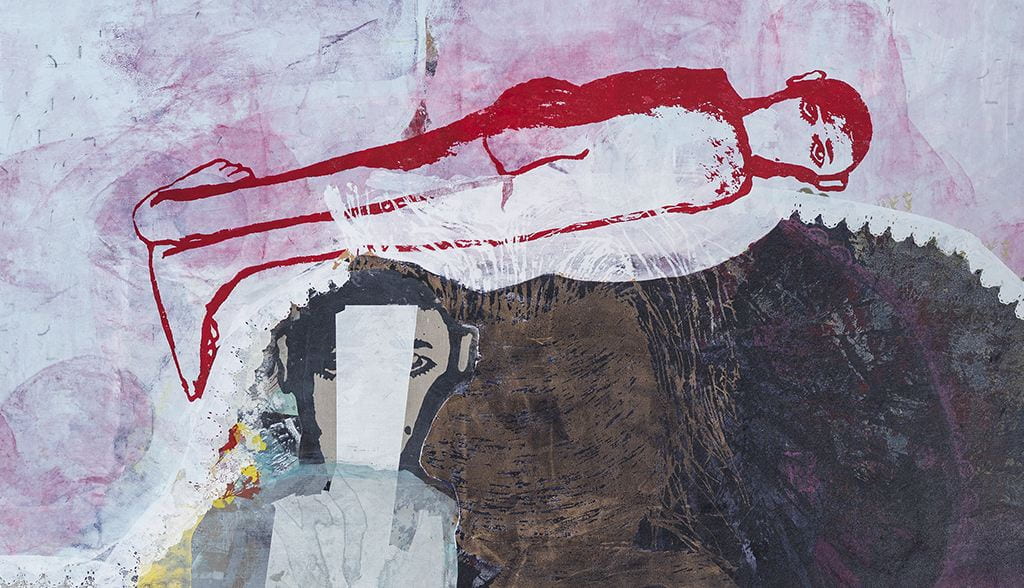Ìfẹ́olúwa Àyàndélé
i.
The owl on the wooden fence at my backyard
in Tallahassee is my grandfather flapping his wings
at my face folded in worries, at the end of Hurricane Ian.
The owl’s eyes are my grandfather’s eyes, showing me
how hurricanes take flight, dancing like a mad man
at the town’s market, flooding the streets like a herd
of rams that have lost their way, leaving their shepherd
stranded on the prairie. On the wooden fence,
the owl coos my name: Àtàndá, like my grandfather
would call me before his body was stretched
on the bamboo, at the front porch of the house
he built before the Biafra civil war broke
into his family life like a flood of Hurricane Ian
breaking into homes and cutting off the head
of palm trees. The more I look at the owl, the more
I feel I am inside the owl’s body and the owl is
in my grandfather’s body hidden in bamboo sticks,
buried at the back of his window, in Tede, my hometown.
ii.
In Tallahassee, my window is opened to trees swerving
in the wind. Through the swerving trees, my grandfather
breaks into my dream, calling my name: Àtàndá, Àtàndá!!
He invites my body to the gathering of owls, to the gathering
of my forefathers whose fingers played the ìyáàlù bàtá drums
under the iroko tree. I’m in Tede again, and my fingers are
fiddling with the ìyáàlù bàtá drum. The more I play
the ìyáàlù bàtá, the more I see the host of my forefathers
encircling my body as ants encircle a cube of sugar. I’m lost
in their midst, for the sound of the bàtá is like the footsteps
of soldiers marching to battle. Now, I’m walking in the footsteps
of my forefathers, carrying the rhythm of their voice in the bàtá
drum, back to my room, trying to forget how hurricane blew
in like a war and turned Fort Myers Beach into a wasteland.
